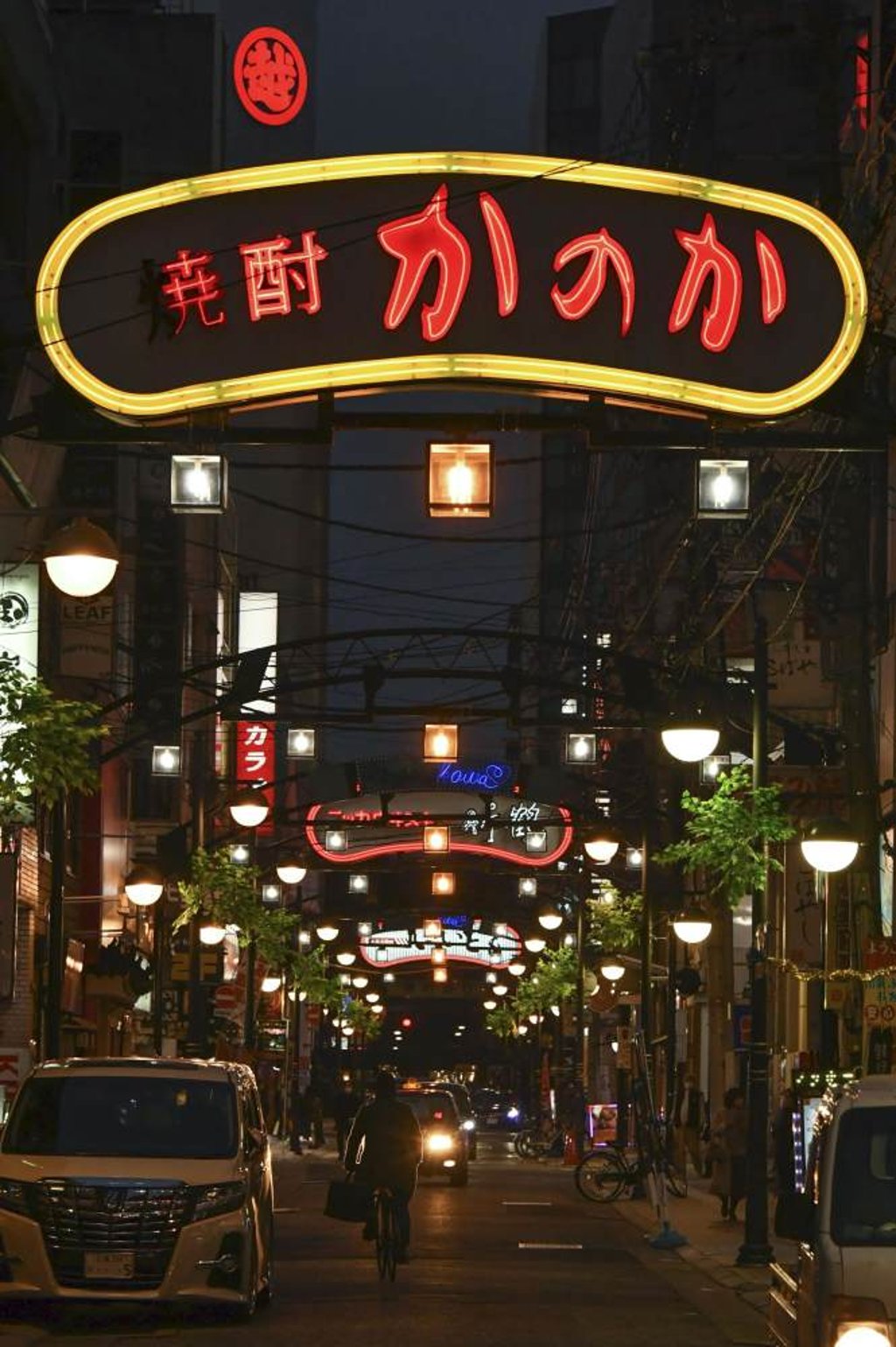Coronavirus: US forces in Japan confined to bases to stem spread; 402 staff in India’s parliament test positive
- From Monday, Japan will confine American forces to base facilities for two weeks amid sharp rise in infections; move has been agreed with the US
- More than a quarter of India’s parliament staff in New Delhi test positive. Elsewhere, Australia’s New South Wales sees deadliest day of pandemic yet

The US and Japan agreed on Sunday to keep American troops within their bases as worries grew about a sharp rise in coronavirus cases in the country.
The allies will share information and cooperate on coronavirus measures, “given the extraordinary virulence of the omicron variant spreading throughout Japan,” the statement said.
US military members will wear masks, both on and off base, when outside their homes, and will continue to carry out strict testing before leaving for and after arrival in Japan, it said.
New Covid-19 cases have surged in Japan, jumping above 8,000 on Saturday, a four-month record. The spike has been most pronounced in areas near US bases. Last week, Japan asked the US for cooperation in keeping its military personnel on base.

Okinawa, a southwestern group of islands that houses most of the 55,000 US troops in Japan, is among the three prefectures where separate government restrictions kicked in on Sunday. The measures, which last until the end of the month, include early closing hours for restaurants, at 8pm or 9pm. Some restaurants also must stop serving alcohol.
The restrictions also went into effect in Yamaguchi prefecture, where Iwakuni base is located, and nearby Hiroshima. The Hiroshima Peace Memorial Museum, which documents the US atomic bombing of Japan at the end of World War II, and Hiroshima Castle are both closed to visitors.
